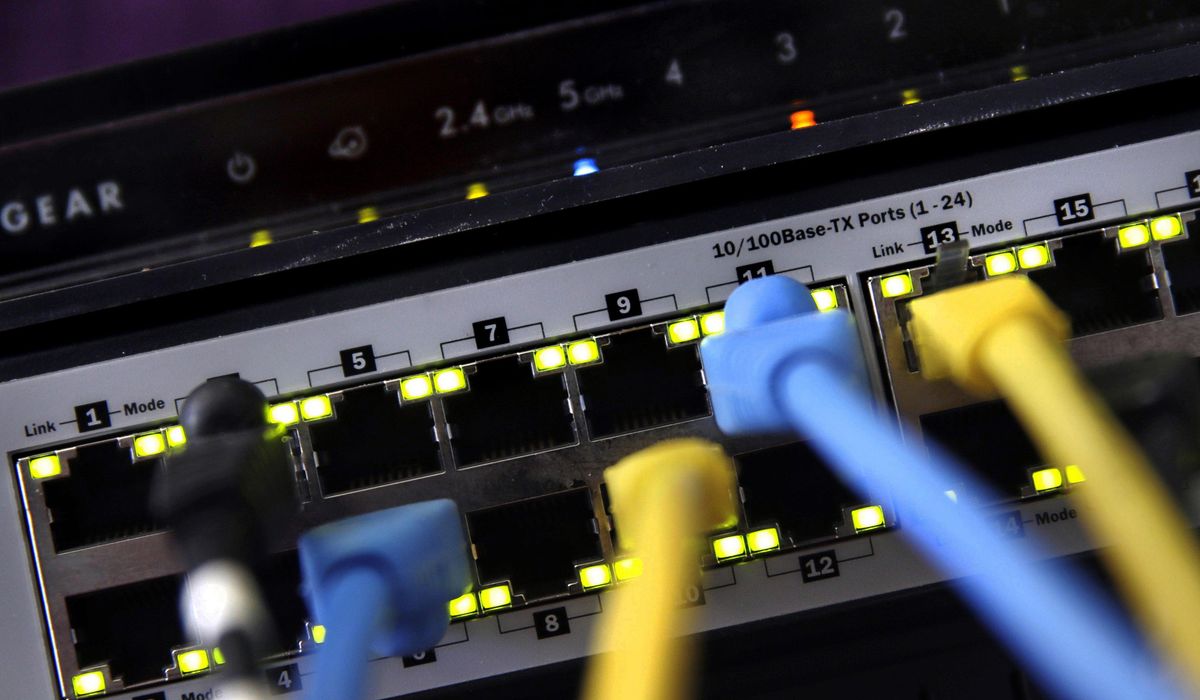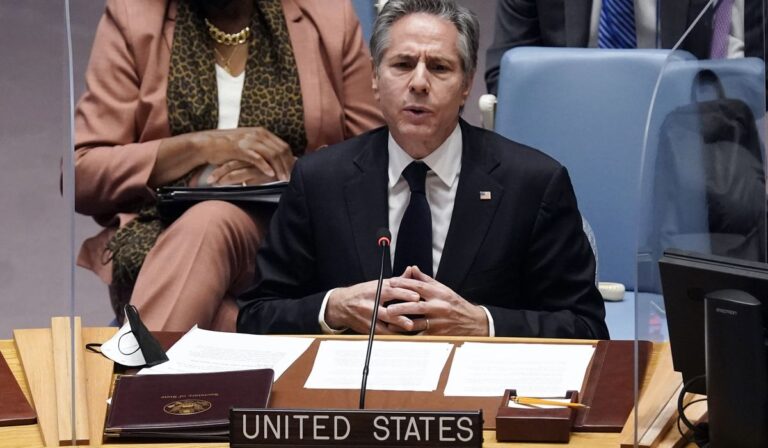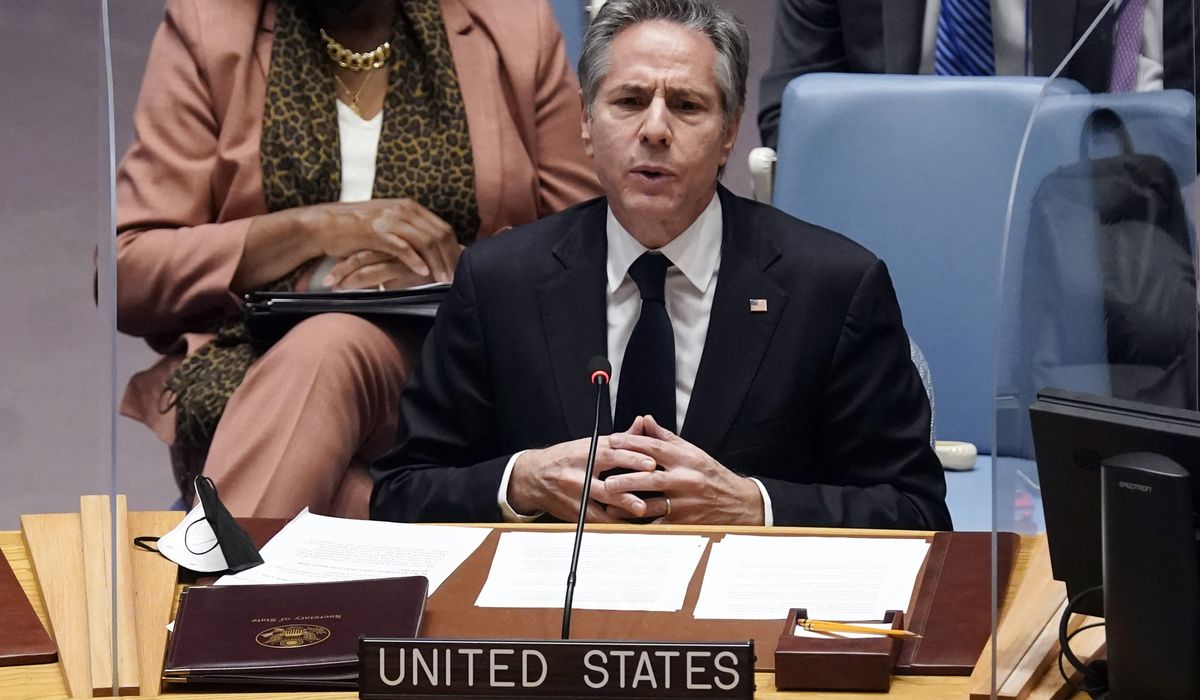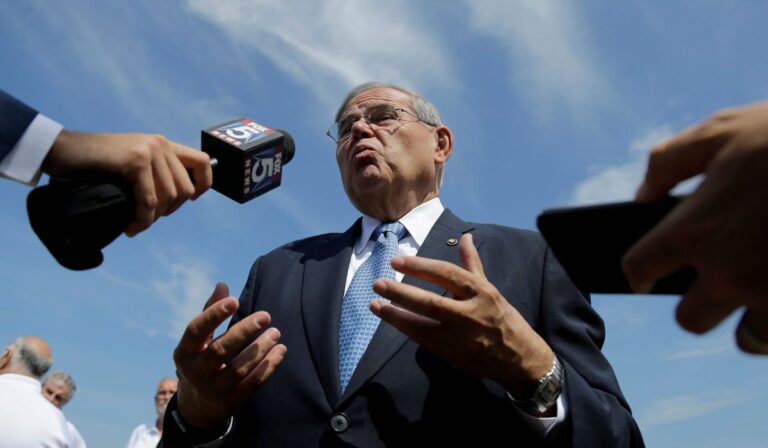
China views social media networks as tools for cyberwarfare and America does not have the defenses to fight off China in the long term, according to experts on China and cybersecurity.
Targets of Beijing’s sophisticated cyberwarfare techniques include financial, energy and transportation networks, as well as national and military decision-makers, according to People’s Liberation Army writings analyzed by Dean Cheng, a Heritage Foundation scholar of Chinese military capabilities.
Mr. Cheng and Winnona DeSombre, a cyber statecraft expert at the Atlantic Council, sounded the alarm about China’s cyberwarfare capabilities in testimony to the U.S.-China and Economic Security Review Commission.
Mr. Cheng said China’s work in what it terms the ‘three warfares’ of psychological warfare, public opinion warfare, and legal warfare poses a threat in the cyber domain. China’s practice of integrated network and electronic warfare involves more than computers and can extend into civilian information systems and seek to wreak havoc even in peacetime.
“It is not simply zeroes and ones, it is not simply computers, it is the human element of interpreting what is on the screen,” Mr. Cheng said. “Do you believe the emails on your screen? Do you believe that your email went to the right place, and conversely that the tweet, the Instagram, the TikTok actually is a reflection of reality?”
China’s ability to blur the lines between reality and propaganda is not the only challenge America is facing in cyberspace.
“Based on industry observations, the U.S. does not currently have adequate cyber defenses, personnel, supply chain security, or international, technical, and standards leadership to rival China long-term in cyberspace,” Ms. DeSombre told the commission. “On top of this, given how secretive cyber is as a domain, China’s capabilities likely exceed the findings that I’ve compiled here.
Ms. DeSombre, a former security engineer at Google, said while China and the U.S. both suffer from a personnel shortage, China’s military-civil fusion policies forcing cooperation with academic and corporate institutions will enable it to overcome such issues in the short term.
She said America is not as well-equipped, particularly because of clearance backlogs and policies discouraging talented professionals from entering government service.
The warnings from the China experts are intended to inform congressional action on national security and economic policy. The U.S. China and Economic Security Review Commission was created by Congress in 2000 and it publishes annual reports featuring its recommendations. Mr. Cheng and Ms. DeSombre provided testimony to commissioners selected by the leadership of the House and Senate.
During the hearing on Thursday, the commission also received testimony from experts who warned about China’s improving cyberespionage capabilities. Mandiant Threat Intelligence senior manager Kelli Vanderlee said her cybersecurity firm believes China’s technical tradecraft has steadily evolved since 2016 to become stealthier and more agile.
“In 2020 and 2021, we believe Chinese cyber espionage activity has demonstrated a higher tolerance for risk and is less constrained by norms or diplomatic pressures,” Ms. Vanderlee said in written testimony.
Part of the reason why diplomatic pressure does not work perfectly to chasten China is because of America’s failure to follow through with punishment after naming and shaming the communist country for bad actions, according to Ms. DeSombre.
“China no longer cares about whether or not it’s being named and shamed if there’s no imposition of costs afterward,” Ms. DeSombre told the commission. “And the current sanction environment, especially when we’re sanctioning individual PLA officers and the like, is not nearly as effective as we’d like it to be.”
Ms. DeSombre suggested America collaborate more with its allies on developing international standards in support of a free and open internet to work to advance American values in the information domain.



















